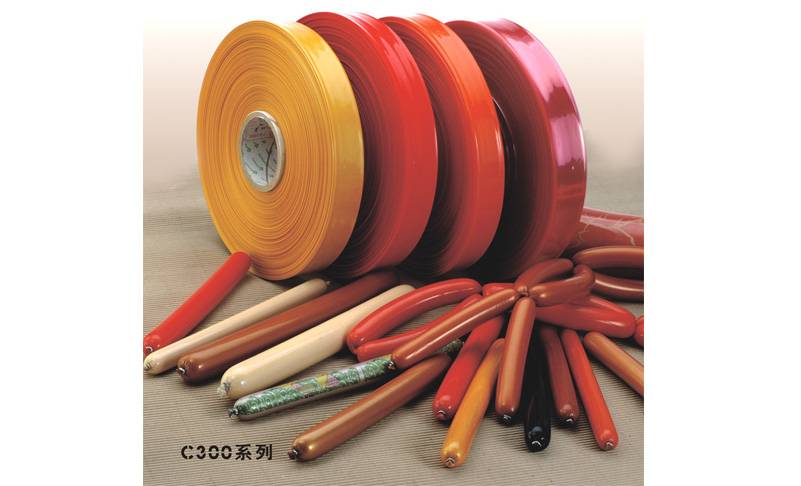The sausage casings you choose can greatly enhance your sausage making and serving experience. There are various types and sizes of sausage casings, Sausage Casing Manufacturers tell us that the four common types of casings are natural casings, collagen casings, fiber casings and synthetic casings, which one do you want to choose?
We prefer to use natural Sausage Casings for our sausages. In our opinion, natural sausage casings give the best flavor and appearance to the final sausage product. Natural sausage casings enhance and complement the natural juiciness and quality of the meat and spices. If you are smoking your sausage, natural casings allow for deep smoke penetration.
Natural casings are made from the submucosa and most of the collagen layer of the intestine. Natural enteric coating is usually contained in a sealed bag in a moist salt solution. Use what you need, then reseal in the resealable bag provided for storage. Resealed casings can be stored in the refrigerator for several months.

Sausage Casings
For beginners, we generally recommend starting with pork casings as they are easier to work with than delicate sheep casings and produce good thick sausages. Pork casings should be soaked in water for 30 minutes to 1 hour before use.
Sheep casings make very delicate thin sausages, but care must be taken not to overstuff them. Once you get the hang of sheep casings, they are well worth the effort. Again, these casings should be soaked in water for 30 minutes to 1 hour before use.
Collagen enteric coating is made from the gelatinous material found in the connective tissue, bone and cartilage of all mammals. This is the same substance that is used to make the famous gelatin desserts. In the United States, most commercially purchased sausages are stuffed with collagen casings.
Collagen casings are the complete solution for all sausage applications, including freezing, frying, grilling and oven cooking. Collagen casings are supplied on a serrated stick, and the desired amount can be cut off for each application. These casings are suitable for hand attachment as long as the proper sausage mixture and recipe are used. When hand joining, the casings are dry, so we recommend using vegetable oil to aid in this process. The oil has the added benefit of leaving a long-lasting shine on the sausage and aids in cooking. No soaking is required and if stored in a cool, dark place, they have an indefinite shelf life and do not need to be refrigerated.
Fibrous casings are made of lignocellulose permeated with protein. Fibrous casings are the toughest casings and are not edible. They are used where the greatest uniformity of finished diameter is required, whether for sausages or smoked meats. The uniformity of the product filled in the casings makes them ideal for slicing when prepackaged. These casings do not require refrigeration.
Synthetic sausage casings are made from alginate and the casings themselves do not require refrigeration. Synthetic casings are used by mass producers and can be made in different colors. They are the most uniform and strongest of all types of casings.
We also offer Sausage Casing Clips, so please feel free to contact us if you need them!